I recently had the great fortune of experiencing a lecture of a brilliant minded physician, Dr. Gabor Maté, regarding addiction and it’s far-reaching effects, particularly in current North American culture. In this following TEDx talk, Dr. Maté expands that message to “the addiction to power” and how it is passed down from generation to generation.
Dr. Maté speaks so eloquently, and shares such embodied knowledge, of addiction’s causes and manifestations, and the lack of integrated understanding we have—particularly in the US—for how to actually HEAL our collective collapse in treating it.
At the foundation of Dr. Maté’s passionate style is compassion. In his words, we need to stop looking at what is wrong with addiction and, instead, look at what’s right. What do people get from their addictive outlets that they’re not getting from life and relationship? What pain and suffering do they embody, from which they escape, through their addictive substances and behaviors. It is not the substances or behaviors that are the problem, right?
Alcohol and drugs are not inherently addictive—not everyone becomes addicted. Just as food is not inherently addictive—yet to some people who are vulnerable to the soothing and escape it provides, it is. So what do addicts get from these things that help them to exist in the world and in their own bodies?
What is addiction? According to Dr. Maté
“Any behavior that gives you temporary relief, temporary pleasure, but in the long term causes harm, has some negative consequences and you can’t give it up despite those negative consequences.”
What is it that people can’t tolerate in regard to simply living in their bodies? Why do so many people experience a sense of dread, fear, or isolation that lends so powerfully to addiction?
Dr. Maté states that people are afraid of death, other people, and their own minds…. And addictive substances and behaviors are one way that people can escape the overwhelm of their own minds.
In the following Tedx talk, Dr. Maté is speaking of fairly extreme drug use, indicating fairly extreme lack of attachment—consistent with abusive or neglectful early environments. And this is true, as well, in more subtle abusive environments—where children are simply not receiving the love and attention they need to thrive. The “emptiness” always goes back to what we didn’t get—what we didn’t feel—when we were small. Our brains, along with our ability to manage our internal states, are literally “shaped” by our early environments.
Please watch and share the following, whether you or someone you know suffers from any variety of addiction. This is something we all need to understand and for which we can all cultivate compassion.
Those who are truly powerful are those who want to teach people, not control people. We cannot continue to look to “those in power” to change the world for us. We need to find our internal power—our internal Light—if we want to transform the world.
For the Love of Your Life!
Angie


